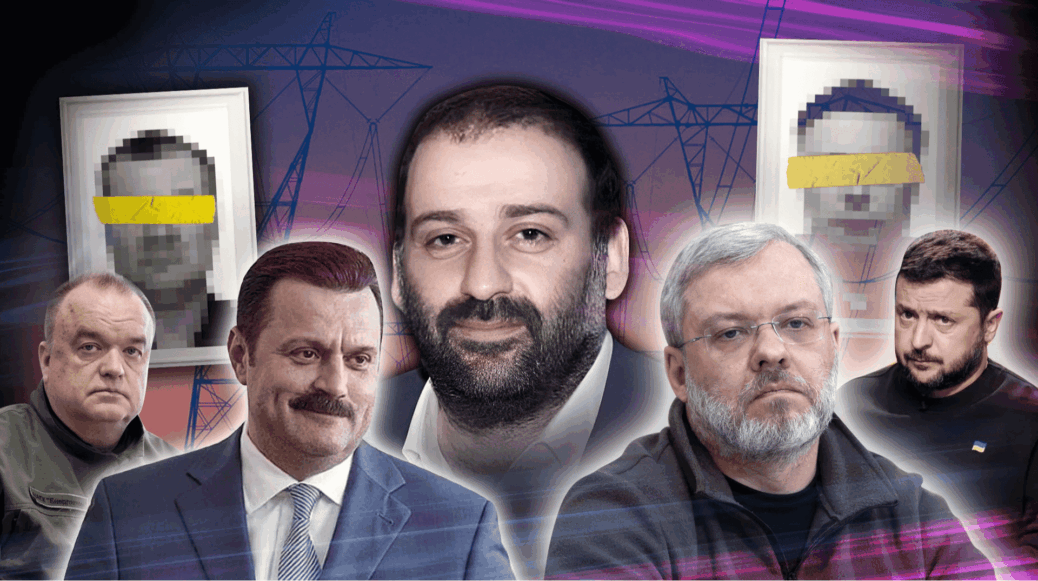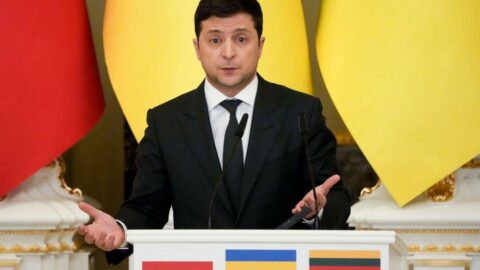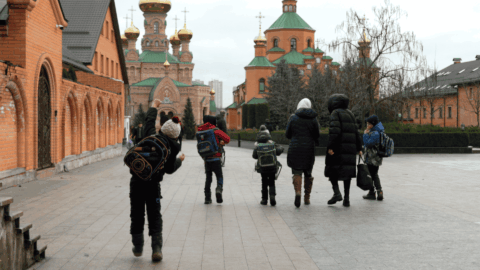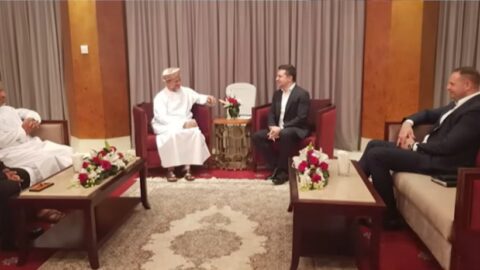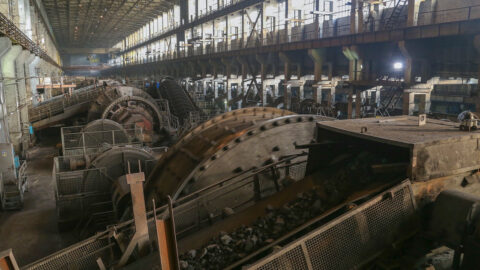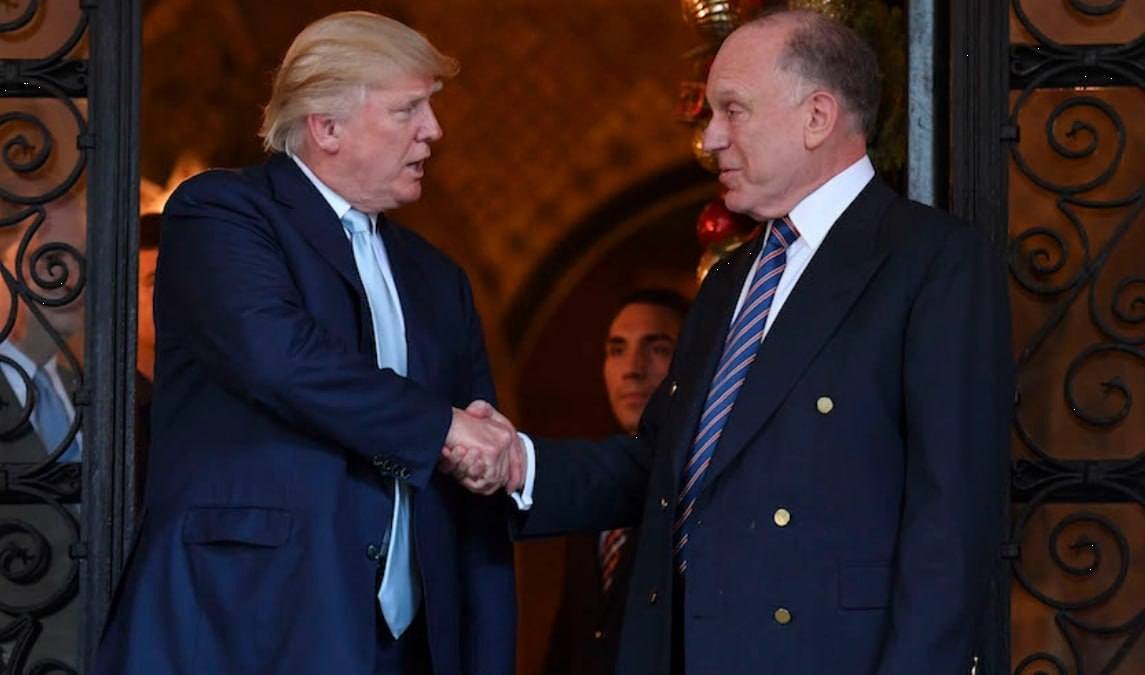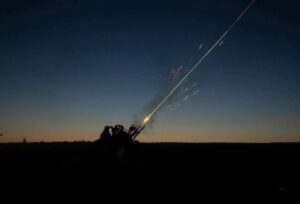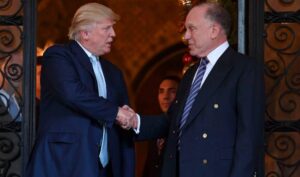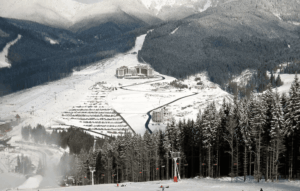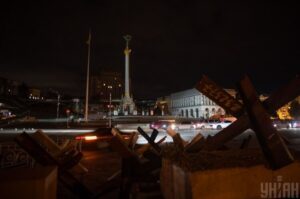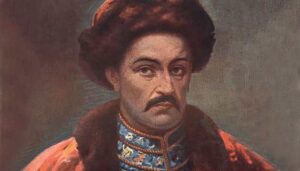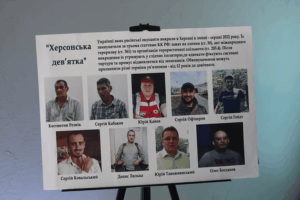A massive NABU investigation has exposed a deep-rooted corruption scheme inside Ukraine’s state nuclear company Energoatom. Codenamed Operation “Midas”, the probe reveals how powerful insiders ran kickback schemes, laundered millions through global channels, and manipulated wartime contracts for profit.
The trail of money stretches from Kyiv to Atlanta, Africa, and even Moscow – implicating figures close to the highest offices of power.
On November 10, Ukraine woke to news of simultaneous searches linked to a sprawling corruption scheme at state-owned Energoatom. NABU’s Operation “Midas,” ongoing for a year and a half, uncovered kickbacks, bribes, and shadow management by figures like Tymur Mindich (“Karlson”), Ihor Mironyuk (“Rocket”), Dmytro Basov (“Tenor”), and others.
The scheme involved 10–15% “fees” on contracts, laundering through back-office networks, and even discussions about protective infrastructure during wartime as profit sources. Funds moved globally – from Kyiv to Atlanta, Africa, and Moscow.
Investigations continue, with no charges yet. The case implicates top officials and the president’s inner circle, raising questions of political will.
The morning of Monday, November 10, in Ukraine began with loud news about dozens of simultaneous searches targeting individuals involved in a multi-level criminal scheme embezzling funds from the state-owned Energoatom.
This was reported by Economichna Pravda.
This was the finale of Operation “Midas” – an investigation that detectives from the National Anti-Corruption Bureau of Ukraine (NABU) had been conducting for a year and a half. As a result, a corruption scheme was uncovered that permeated the state energy sector and reached the highest corridors of power.
Investigators collected over a thousand hours of recorded conversations in which so-called overseers, without any official positions or formal authority, divided contracts, “put payments on hold,” and decided who would profit during the war.
At the center of the story is the state-owned company Energoatom, which manages all nuclear power plants and has an annual turnover of 200 billion hryvnias. Under the cover of officials, a shadow hierarchy operated: from “supervisors” at the Ministry of Energy to back offices in central Kyiv, where a “black accounting” system was maintained and tens of millions of dollars were laundered.
Among the figures involved are President Volodymyr Zelenskyy’s partner from “Kvartal-95,” Tymur Mindich; a former advisor to ex-Energy Minister Herman Halushchenko; Igor Mironyuk, assistant to the traitor Andriy Derkach; and several others, including retired law enforcement officers.
According to NABU recordings, in addition to discussing corruption schemes, the suspects may have blocked the protection of energy facilities during the height of Russian attacks, when these decisions determined whether millions of Ukrainian homes would have electricity.
“I would wait. What a waste of money. A pointless expense,” one of them reflects in the audio when the conversation turns to building shelters for transformers near nuclear power plants.
How the scheme worked
According to NABU, the scheme was rather primitive and cynical: if a private business wanted to work (sell goods or provide services) with Energoatom, it had to pay a 10–15% “kickback.” Refuse – and you don’t get paid and are “dropped” from the supplier list.
The participants called this mechanism the “Shlagbaum”: either you share the margin, or you face closed doors.
According to Member of Parliament Yaroslav Zhelezhniak, the organizer of the scheme was businessman Tymur Mindich, co-owner of Kvartal-95 and former partner of President Zelenskyy (referred to in NABU materials by the nickname “Karlson”), who left Ukraine just a few hours before NABU’s searches.
Searches on November 10 also targeted the former Energy Minister Herman Halushchenko (referred to in NABU recordings as “Professor” or “Hera”). According to sources from Economichna Pravda, he still retains influence over the country’s energy sector through the current Energy Minister Svitlana Hrynchuk and numerous managers in the ministry whom he personally placed before his dismissal in July 2025.
On the ground, the shadow operations were managed by Ihor Mironyuk, nicknamed “Rocket,” and Dmytro Basov, “Tenor.”
Mironyuk is a former assistant to the traitor Andriy Derkach, who, after the start of the full-scale war, moved to Russia, where he now serves as a senator. After 2023, Mironyuk became an advisor to Halushchenko. From this position, he allegedly began building his own vertical of influence within Energoatom.
Basov is a former employee of the General Prosecutor’s Office and the State Property Fund, who later became Energoatom’s executive director for physical protection and security. Investigators describe him as the main overseer of the company’s financial flows.
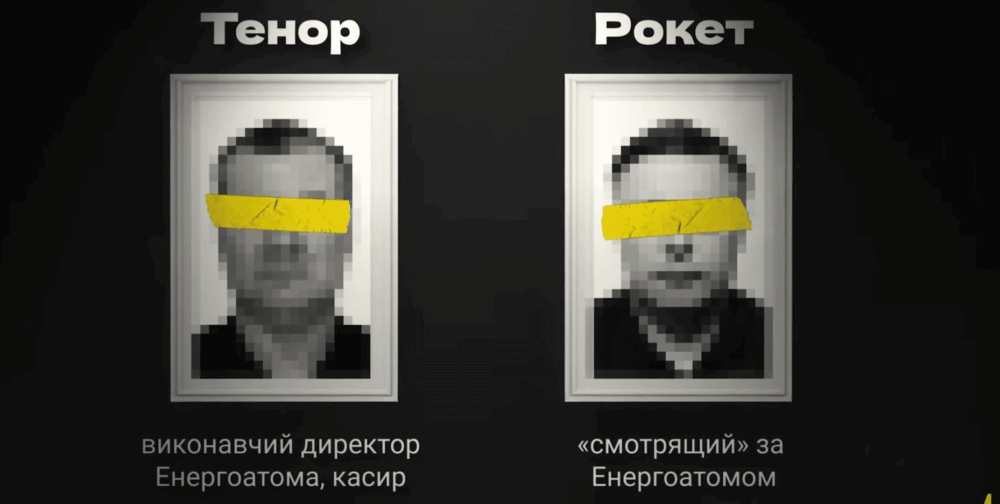
NABU recorded that it was “Rocket” and “Tenor” who controlled all procurement, personnel decisions, and financial transactions of the state energy giant.
“Effectively, the management of a strategic enterprise was carried out by outsiders who had no official authority. They themselves decided who would receive a contract and who would be blocked,” NABU stated.
An example illustrates how this worked in practice. If in 2024 a company supplied Energoatom with equipment worth only 12 million hryvnias, after coming under the “umbrella” of the criminal organization in 2025, it received contracts totaling 435 million hryvnias.
Another figure featured in the NABU recordings is current member of the National Commission for State Regulation in Energy and Public Utilities (NCREPU – EP), Serhiy Pushkar. He appears in conversations regarding the transfer of $20,000.
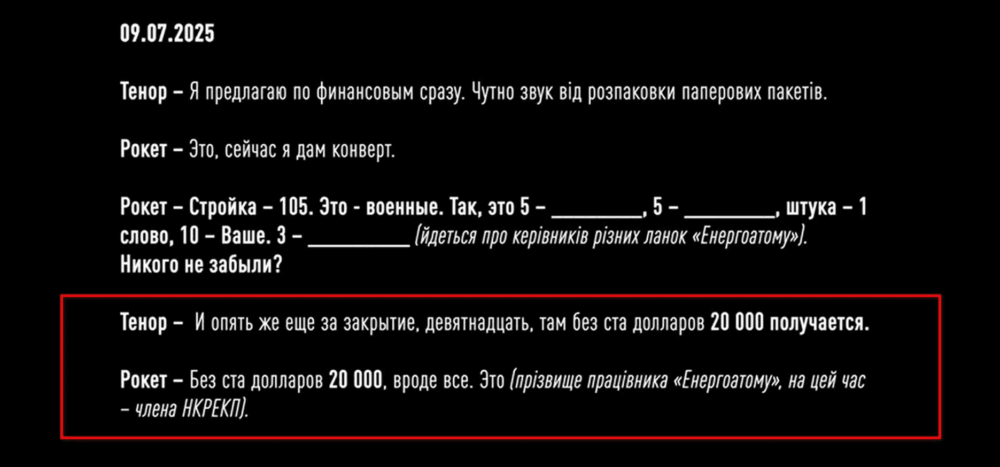
“Just three months ago, he was the executive director for legal affairs at Energoatom. From 2022 to 2025, he served as the executive director for legal support at Energoatom,” Zhelezhniak reported.
In early September, Pushkar was appointed a member of NCREPU, even though he did not deserve the position based on the competition results. “He scored the lowest in the NCREPU competition, ranking fourth, but the second-place candidate was ultimately ‘knocked down,’ and Pushkar was pushed through. He is Mironyuk’s man,” a source in the parliamentary corps told EP.
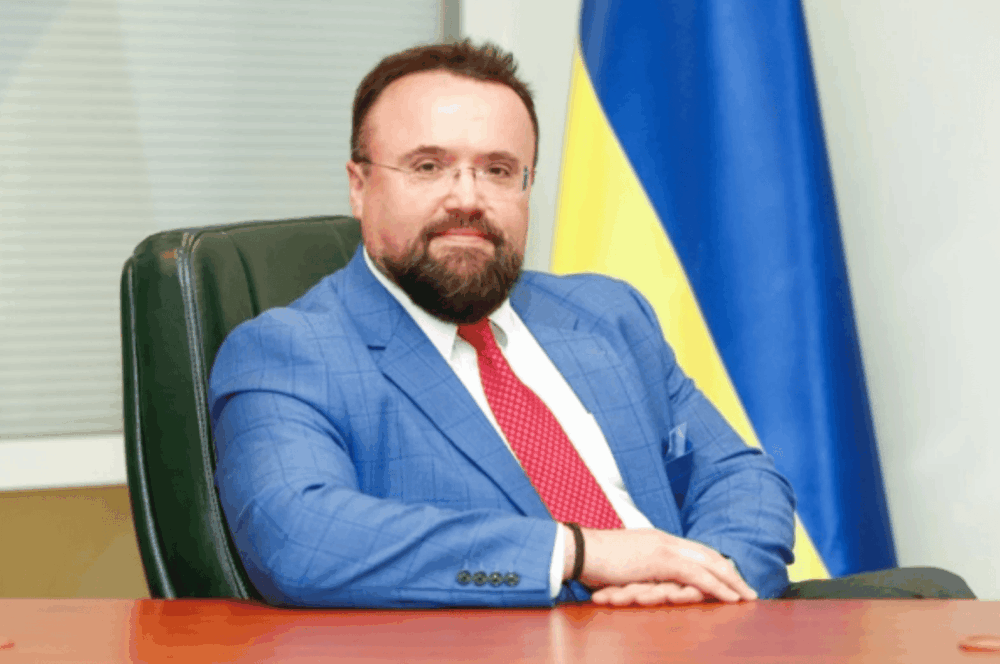
According to investigators, four employees of the so-called back office, responsible for laundering funds, were also involved in the corruption scheme.
“Laundromat” in central Kyiv: how millions of dollars were laundered
As part of Operation “Midas,” NABU detectives uncovered a financial network created to legalize bribes and “kickbacks” from the state-owned Energoatom.
The scheme operated as efficiently as any bank: with its own “cash discipline,” accounting, currency operations, and a geographical reach stretching from Kyiv to Atlanta, Georgia, and Moscow.
In conversations intercepted by detectives, “Rocket” and “Tenor” discuss “transferring” tens of thousands of dollars through various routes.
The operational part of the “laundromat” was headed by a man nicknamed “Sugarman.” He is believed to be one of the Tsukerman brothers – Mykhailo or Oleksandr. These businessmen are connected to Mindich. Like Mindich, the Tsukerman brothers managed to leave the country shortly before the searches in the “Midas” case.
According to NABU investigators, they were responsible for accounting and “laundering” cash through a network of non-resident companies.
The office used for operations was located in central Kyiv, in a building owned by the family of Andriy Derkach – a former Member of Parliament and now a Russian senator.
According to investigators, this office housed the “black accounting,” stored cash, and tracked all payments.
A key role was played by an office employee nicknamed “Ryoshyk” – effectively the chief accountant of the criminal organization. Major transactions went through him, and money was often distributed outside Ukraine, including during business trips of energy company representatives.
The geographic reach of the funds, recorded by detectives, is striking: Africa, North America, and even Moscow. “The two thousand has gone. In a week and a half, it will be in Moscow,” one audio fragment reveals.

Overall, according to NABU documents, about $100 million passed through this structure. Investigators documented over $5 million in “laundering” solely for “Rocket.”
In February 2025, Mironyuk transferred $350,000 to the “laundromat,” and in March – $840,000 and €100,000. The following month, in April, the volume of “operations” rose to $3 million.
Detectives recorded how cash was mixed with other flows, converted into different currencies, transferred into cryptocurrency, and later returned to circulation as “clean” money. “The scale was so large that sometimes the money was packed into small bundles,” a NABU detective said.
One episode shows that “Rocket” personally negotiated the legalization of funds in Atlanta, USA. According to investigators, such agreements indicate the international nature of the organization’s operations: the network of companies and intermediaries operated across multiple continents.
NABU believes all of this operated under the control of “Karlson,” that is, businessman Tymur Mindich, close to President Zelenskyy, whom the investigation considers the organizer of the scheme.
Waste of money. Pointless expense
Perhaps the most cynical fragment of the recordings is the conversations of the suspects about protective structures for nuclear power plants, which, if built, would have saved critical infrastructure from Russian missiles.
However, as a NABU detective notes, the members of the criminal organization treated the issue of protecting energy facilities as “just another source of profit.” For example, in one conversation, “Tenor” and “Rocket” discuss plans to continue building protective structures and mention the “crazy numbers,” referring to construction costs.
“Tenor” asks, “Are we going to do anything else, or finish with what we have? And not build any more protective structures?”
To which “Rocket” replies: “I would wait. But, damn, honestly, waste of money, pointless expense.”
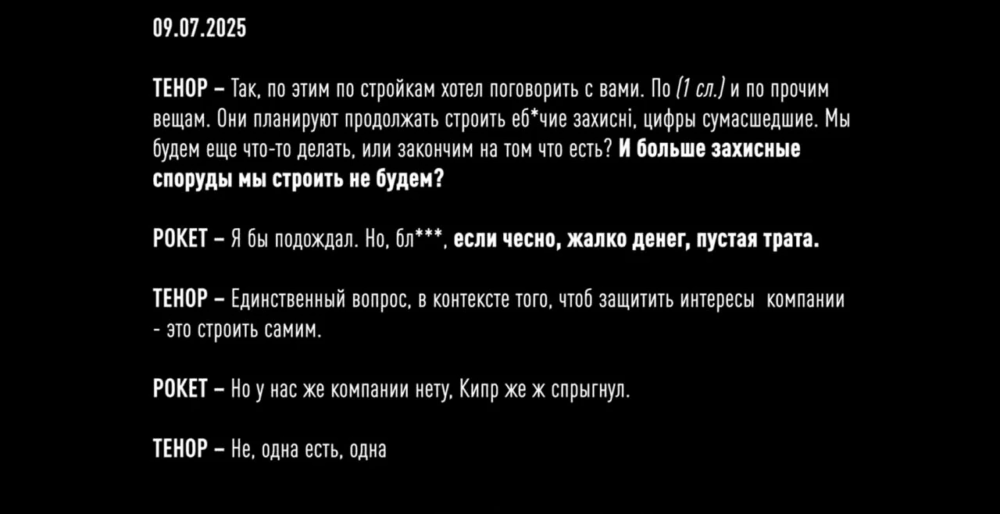
Later, the suspects discuss a 4 billion hryvnia project to protect the AT2 and AT330 transformer substations.
According to NABU, they “complained” that for the previous 3 billion hryvnia contract, they “only received 90.” Whether this refers to thousands of dollars or millions of hryvnias is unknown.
“When he came, we were delivered only 90. Are you f***ing serious? I’m telling you. Too little was delivered. ‘Alright, I’ll fix it, everything will be fine.’ Shall we wait a bit then?” – “Tenor” says on the recordings.
Law enforcement officials reported that, since the average “kickback” was 10–15%, the suspects decided to wait “for a more profitable offer for another month.”
In September, massive attacks on the energy infrastructure began. By October 10, when President Zelenskyy was holding a meeting on energy protection, the NABU investigation suspects were discussing how to raise their percentage from 10% to 15% during the construction of protective structures at the Khmelnytskyi Nuclear Power Plant.
NABU has released only two parts of the “series” on large-scale corruption in Energoatom. The latest episode ended on a cliffhanger: a detective hinted that the operations of the cash-laundering office were controlled by an influential Ukrainian businessman.
“The members of the criminal organization called him ‘Karlson’ (referring to Tymur Mindich). But more details about him will be in the next part,” the NABU detective concluded.

According to bureau representatives, the investigation is ongoing and will be brought to court. However, so far, no suspects have been formally charged, and no preventive measures have been imposed. The main question remains whether there is enough political will to see the case through, especially since the investigation reaches not only high-ranking government officials but also the president’s close circle.
On the evening of November 10, Zelenskyy commented on the situation in general terms. The president stated that he supports the NABU and SAPO investigations but did not mention any names or say anything about possible resignations or suspensions of officials involved in the scandal.
Tags: Energoatom Energy corruption Ukraine Energy sector graft Kickback scheme mindich Operation Midas State enterprise scandal Ukraine anti-corruption
